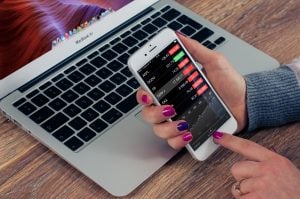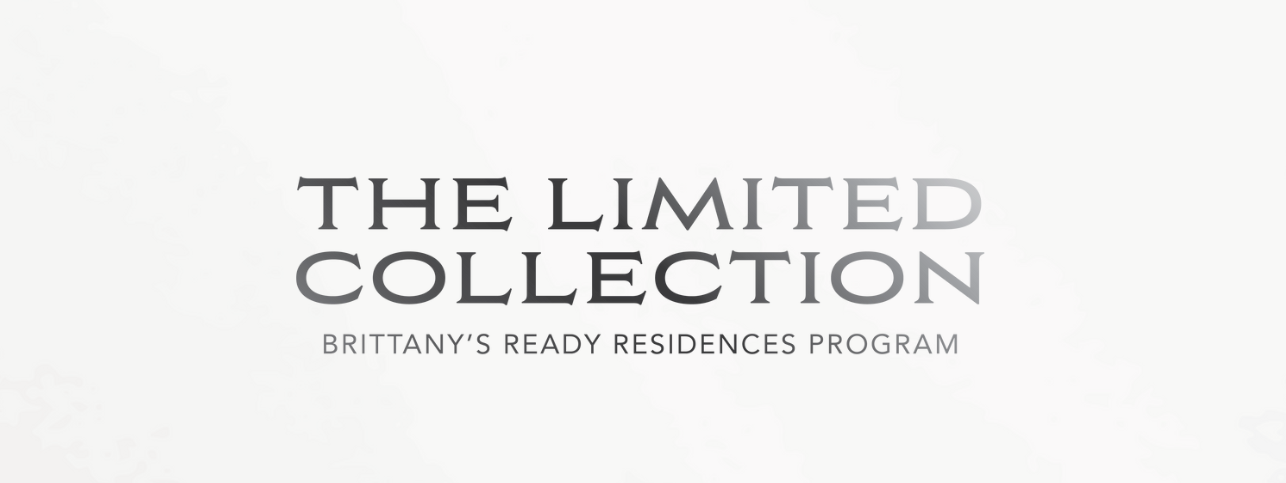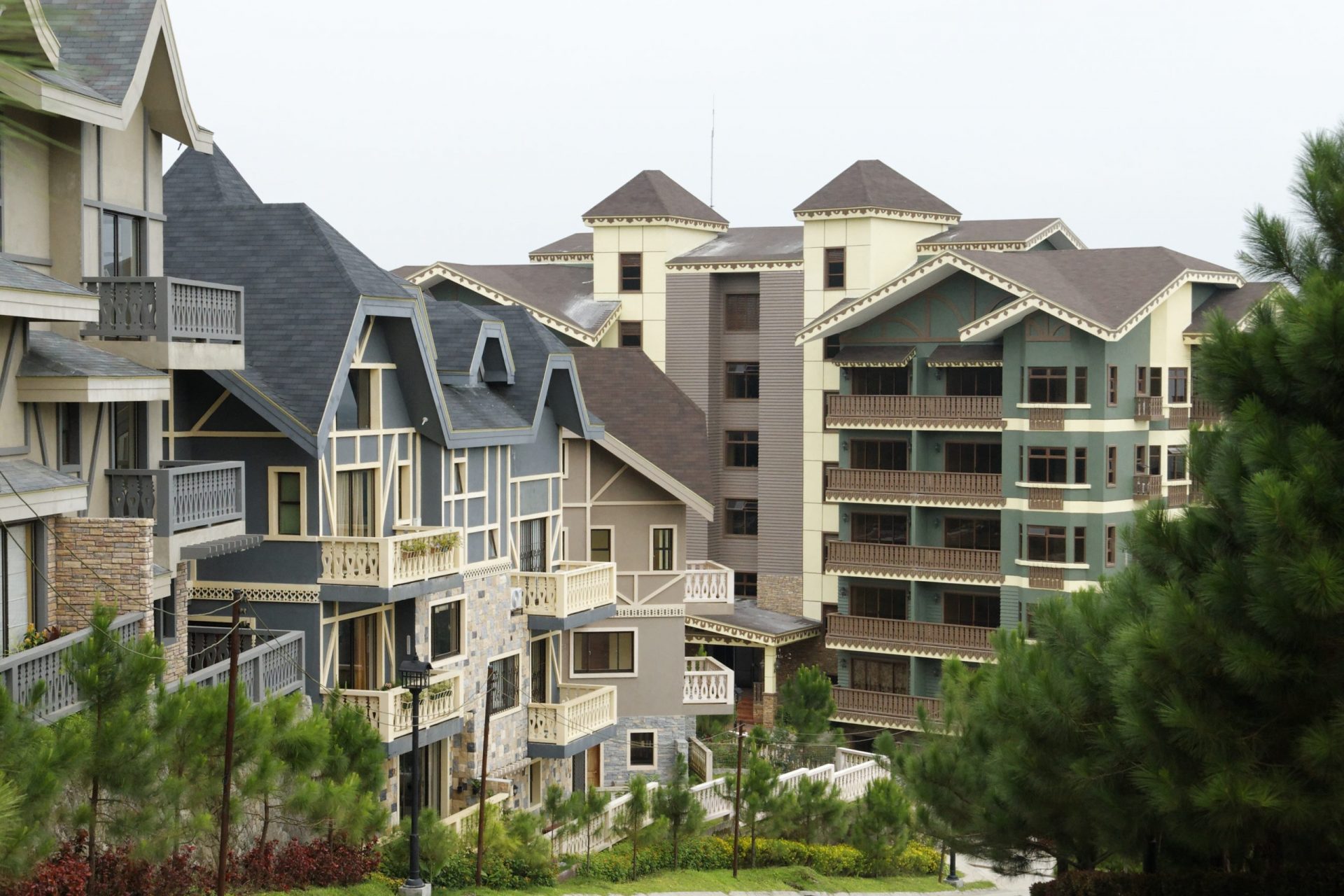BLOGS
Facebook to Meta: What it Means for Investors
In recent years, Facebook has been the subject of many controversies. The public has not received any full closure or concrete solutions so far in the pending cases against Facebook, and all these issues have been negatively impacting its market performance. Facebook’s response? It seems like the biggest update so far is that the company is legally changing its name from Facebook to Meta, reflecting across all platforms including the stock market. Now what does this mean for investors?

Facebook is officially rebranding | Photo by Thought Catalog from Pexels
Facebook to Meta: Most Recent Controversies Leading to its Name Change
Before plunging deep into the economic side of this news, let us look back on the events that seemed to contribute or even lead to the sudden change in the name of Facebook to Meta. The company has faced lawsuits and issues on a global scale for varying reasons. Here are the most popular controversies in recent times.
In 2017, the company received major backlash from the public for its employee data leak. The Guardian reported that a software bug had exposed the personal details of 1,000 Facebook workers involved in reviewing and removing terrorism content, by displaying their profiles in the “Activity” logs of Facebook groups related to terrorism efforts. This caused extreme distress felt by Facebook workers for fear that they would be targeted by terrorists. In response, Facebook simply changed employee account settings to anonymize employees when reviewing critical data.

A street art of Mark Zuckerberg in London | Photo by Annie Spratt on Unsplash
This year in 2021, a Facebook whistleblower publicly revealed the company’s protocol to ignore its responsibility towards the content posted on its platform, including copyright and intellectual property infringement, hate speech, incitement of rape and terrorism, fake news, Facebook murder, crimes, and violent incidents live-streamed through its Facebook Live functionality. The whistleblower’s name is Frances Haugen, a data scientist from Iowa with a degree in computer engineering and a Harvard master’s degree in business. She worked on the Facebook civic misinformation team for nearly two years. She even participated in interviews with news channels to talk about how Facebook amplified hate speech and all the other negative content because these types of content drove social media engagements, therefore sacrificing the safety of the public for the company’s own benefit.
However, crisis management experts observed that instead of showing remorse and exhibiting transparency and accountability, Mark Zuckerberg was adamant in denying all such allegations. Yet since Miss Haugen’s testimony and evidence proved to be compelling, Facebook had to hold its Instagram service for children. There are many more ongoing court cases against Facebook that it can be difficult to keep up.
However, the public cannot deny that Facebook has become part of everyday life and has been a common platform for connecting with one another during the pandemic. Whether you live in luxury homes in the Philippines or abroad, it is most likely that you use the Facebook messenger application to talk with your peers and scroll through your Facebook timeline to keep updated with the times. That is why despite the issues and controversies circulating around Facebook, its power and influence continues to increase, hence investors continue to see it as profitable in the long term.
The Announcement of Facebook to Meta

Facebook CEO Mark Zuckerberg delivered the keynote address where he mentioned the rebranding during a virtual event on Oct. 28 | Eric Risberg/AP
Following the above mentioned issues, Facebook decided to go on a massive rebranding of the parent company, hence the renaming announcement in October 2021. Reporters and the general public see this as a way to divert the attention of the public and separate the issues of Facebook from the parent company. Critics believe Facebook has done this because the brand has become toxic. We’ve already seen Senators ignore the name change, with one describing the move as “cosmetic.” And the only way to do so is to rename the parent company. Mark Zuckerberg, however, claims that the reason for the renaming is that he wants the parent company to not be limited to social media, as it’s next focus would be on virtual reality. Zuckerberg says he has chosen Meta because of its meaning in Greek – “beyond”. It also alludes to the “Metaverse”, an online virtual oasis that he wants to build.
So what is the Metaverse? Mark Zuckerberg unveiled plans to build a “metaverse,” an online world where people can game, work, and communicate in a virtual environment, often using VR headsets. He said the existing brand could not “possibly represent everything that we’re doing today, let alone in the future”, and needed to change. However, the metaverse is a long term project that does not exist yet, which led to speculations that he rebranded too early in response to the Facebook whistleblower issue. Nonetheless, this is huge news for Facebook’s investors.
Facebook to Meta: What it Means for Investors
Facebook rebranding to Meta is only a surface level change surrounded by controversy. However, it may be the right move in an economical sense. This is because, on the bright side, any company that expands or ventures into new industries with a portfolio as extensive as Facebook’s would definitely be attractive to investors. The early news that Facebook will be venturing into virtual reality gives potential investors ample time to get excited about the new project. This long term project will cost a lot of money after all, yet will someday reap benefits for all investors involved.
Currently, Facebook is facing challenges in the stock market due to the negative current affairs. However, investors seem to not be pulling out their investments because of its predictable comeback in the near future with the Metaverse. As the next major step in how humans interact with each other digitally, the envisioned immersive computer-generated 3D world will rely on virtual reality and augmented reality technology, offering Meta a new growth opportunity beyond the advertising revenue it is so dependent on now. And if Mark Zuckerberg will be able to develop the project the same way it led Facebook to become the multibillion dollar business that it is now, then Meta might be the next big thing.

Facebook is a publicly listed company | Photo by Firmbee.com on Unsplash
“Meta is spending more on their metaverse than most startups hope to generate in revenue, and they already have 37%-ish of the world’s population logging into their existing site every single month,” says Scott Turman, CEO of BrightRay Publishing. “Zuckerberg has a huge head start in every single way imaginable.” Sounds very enticing already, but as with all investments, not without risks.
It seems to be the perfect opportunity for long term investors, but not for short term investors who want immediate results. Clearly, you will not be making much profit now given the circumstances. Apart from the issues mentioned, competitors, especially Tiktok, are upping their game. Facebook is still the industry leader right now, but it’s growth potential might really belong elsewhere now: virtual reality. Hence, if you are willing to be patient, then this may be a viable option for you.
Safe Investment Opportunity: The Most Beautiful Houses in the Philippines by Brittany Corporation
Speaking of investments, a low risk and high return type of investment has actually boomed during the pandemic. The luxury real estate industry is very lucrative and tangible, meaning you can physically see and touch your investment. And given how unstable the market and overall economy is right now, it is much safer to invest in tangible assets. Notice that a specific type of real estate is mentioned: luxury real estate, simply because Filipinos are wanting to move into the most beautiful houses in the Philippines. Not only do they come with beauty, but also elevated security, safety, privacy and convenience. These used to be additional features to homes before the pandemic, but they are considered essentials to high net-worth families now. Wealthy individuals are moving out of their penthouses in the city and into spacious mansions in the Philippines to avoid crowds, stress, and the hustle and bustle of the city that only bring anxiety during these times. Apart from the home benefits of luxury homes for sale, they also have high income potential through rentals. In fact, there is a spike in WFH rental bookings in the market, wherein working millennials would book villas and luxury spaces to enjoy peace of mind while working, and then move to another one.

Lausanne at Crosswinds Tagaytay by Brittany Corporation, featured on the Philippine Star Property Report.
With awe-inspiring themes in perfect locations, Brittany Corporation is a pioneer in themed luxury developments in the country. The romantic Italian houses of Vista Alabang, the Swiss chalets of Crosswinds Tagaytay, the Old English charming manors of Brittany Sta. Rosa in Laguna, the American picket fence homes of Georgia Club, and the dreamy Victorian town houses at La Posada in Sucat. Brittany’s portfolio of luxury homes for sale is well positioned for any economic situation, proven by its track record even during the lockdowns.
Next Read: Brittany’s List of Accredited Banks
Next Read: Kitchen Countertop Colors To Choose
Next Read: Pieces of Literature to Have On Your Coffee Table
Next Read: Why Living Near Lifestyle Establishments Is A Necessity
Next Read: Why Should You Live In A Healthy Neighborhood

















